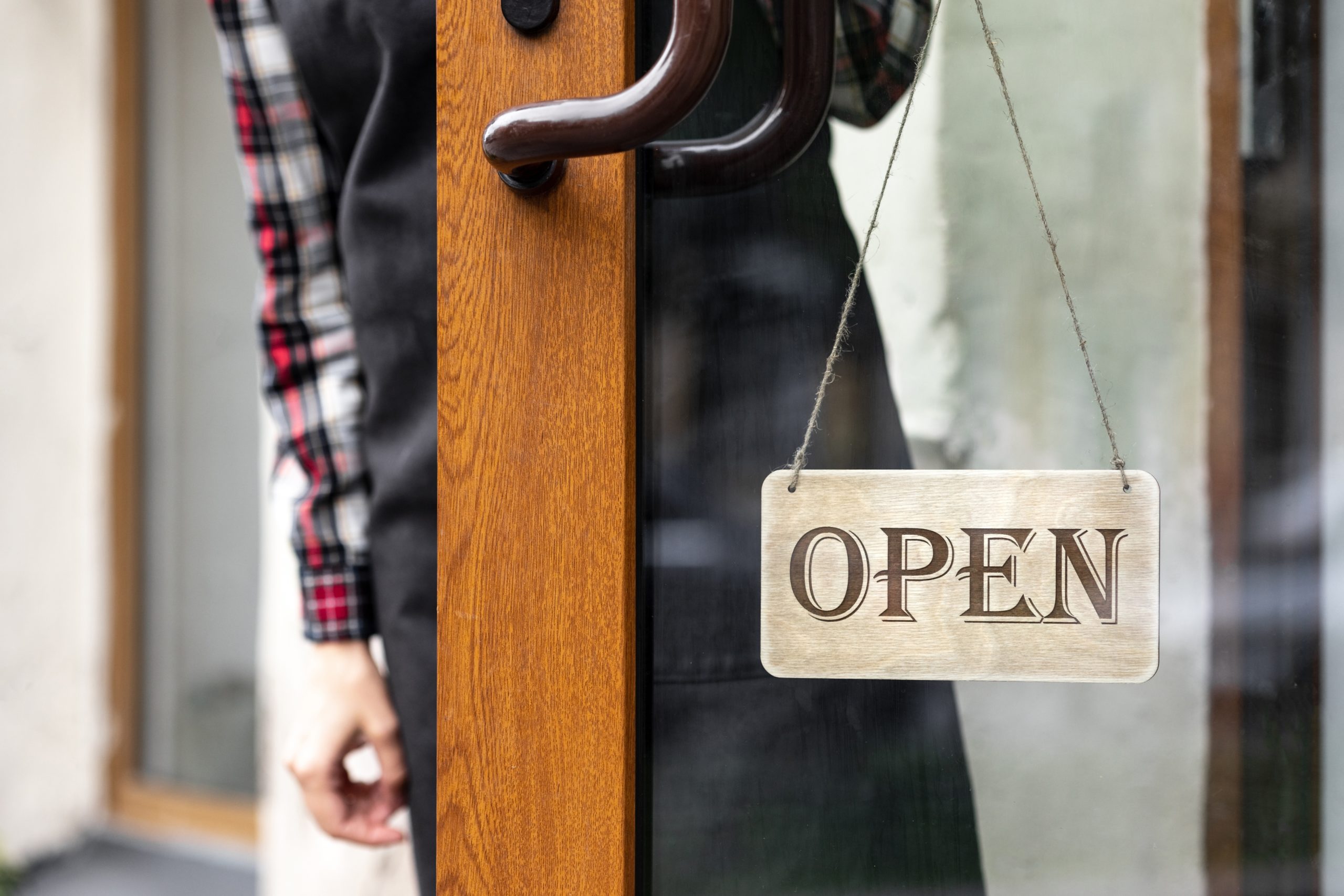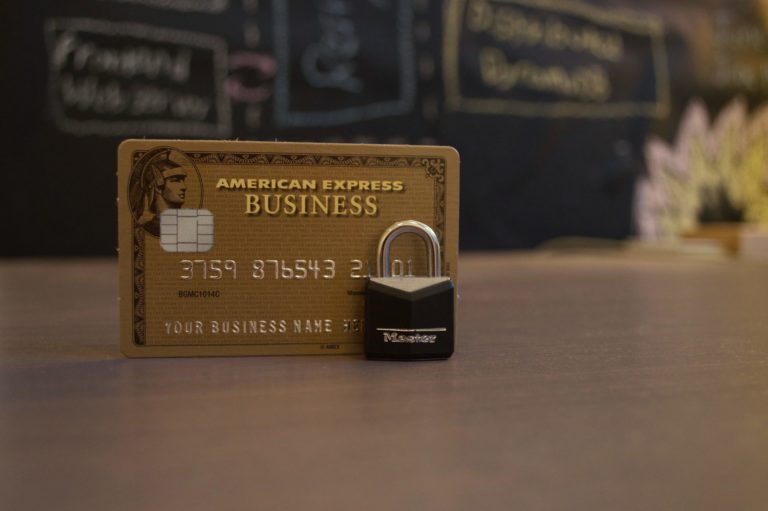Many parts of Oregon City—the Portland area, to be specific—are registering a significant rise in college graduates, as well as several accredited institutions of higher learning that produce a fresh stock of qualified employees, especially in the hospitality industry. Add to this the tax breaks that are offered to small businesses, and it’s easy to see why Portland, Oregon, is fast becoming a hub for foodservice entrepreneurs.
As competitive as the foodservice industry can be, a bit of careful planning can help you carve out a niche for yourself. Keep reading for tips on how to source restaurant equipment Portland, fund your business, hire the right staff, find the right suppliers, and more.
Consider your funding options.

To establish how much funding you’ll need, create a cost estimate of how much you’ll need in total to get your restaurant running. Some market research can help you come up with a rough figure. This estimate will help you create a budget and forecast the total cost of running your restaurant for the first year of business.
Using your budget as a guide, include the cost of permits, kitchen supplies, marketing, staff salaries, building repairs, and service technicians.
As a prospective small business owner in the Portland area, some business loans available to you include traditional commercial loans, business lines of credit, equipment financing, and small business loans. A small business accountant can guide you on what financing option will best suit your business model.
Outfit your kitchen.
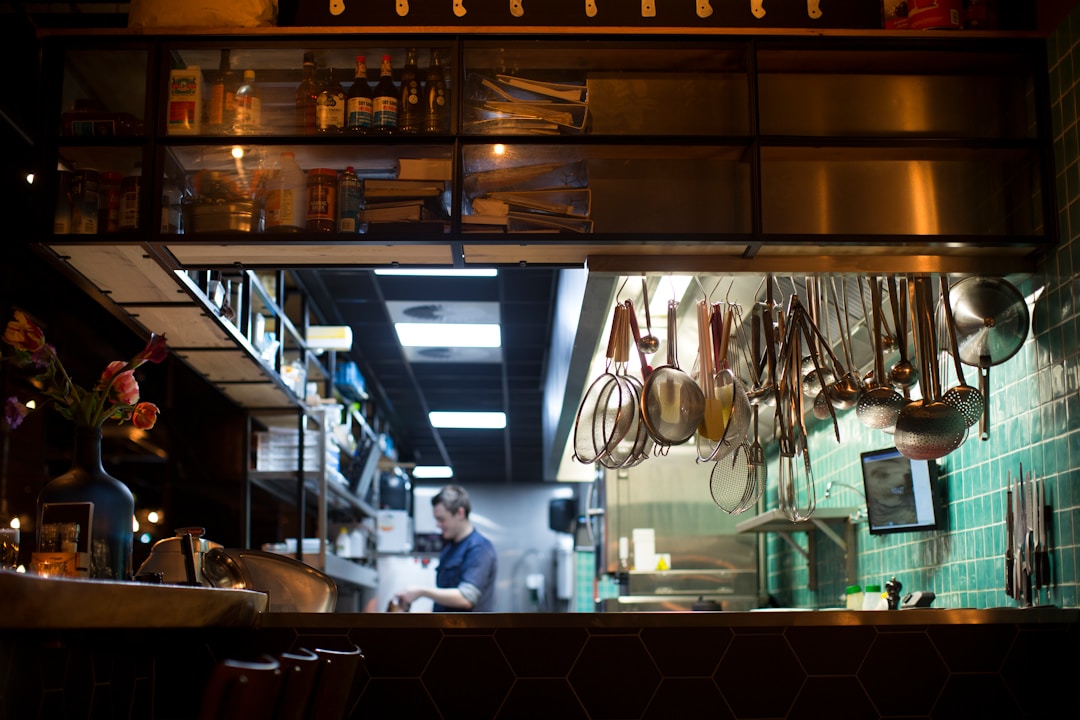
One of the most expensive costs for new restaurant owners is the commercial kitchen equipment, but working with a trustworthy supplier ensures you receive high-quality pieces of equipment. Working directly with a professional vendor will help you get better deals on the cost of your commercial equipment, as there are no salespeople involved.
Also, working with a supplier who offers equipment financing options can help you purchase or lease restaurant equipment at a reasonable price.
If this is your first time in the hospitality industry, it can be a bit difficult to determine what type of commercial cooking equipment you need. However, when you work with an experienced supplier, they’ll help you pick out the right smallwares—cookware, dinnerware, bar supplies, glassware, pots, pans—and commercial appliances for your kitchen space without giving you a hard sell. Professional vendors will also offer installation services, warranties, and restaurant equipment repair services as part of their after-sales and customer service agreement.
Take care of the environment.
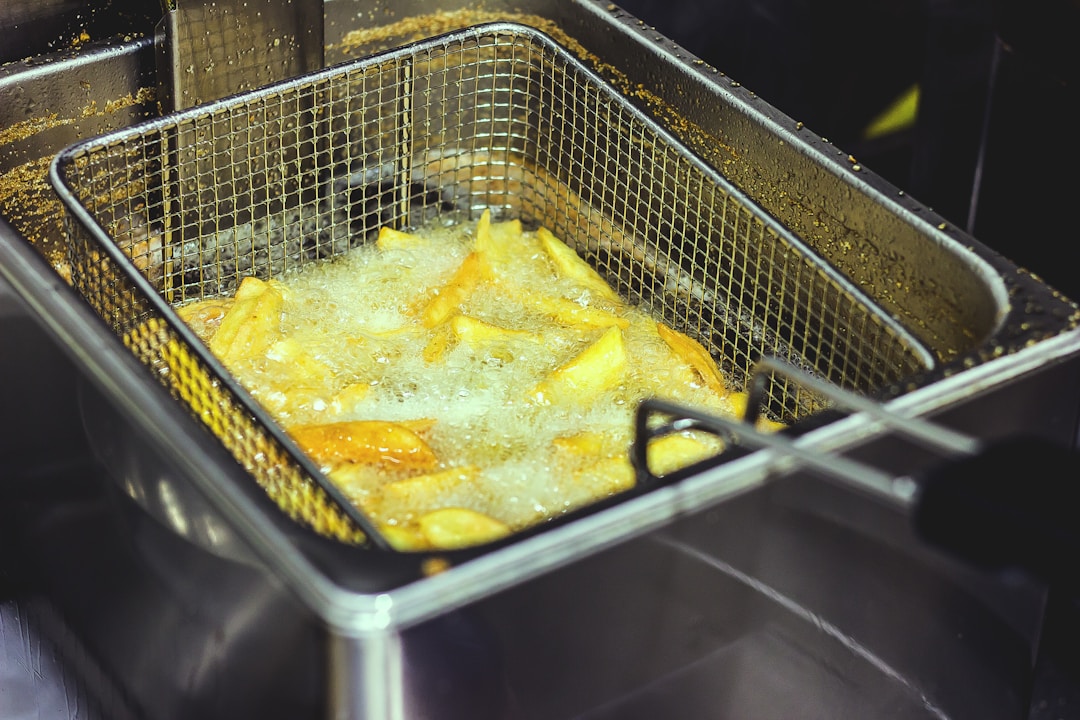
Fats, oils, and greases (FOGs) are an essential part of commercial restaurant kitchens. However, once the cooking oil is burnt or ready to be discarded, not all restaurateurs know how to apply proper disposal methods. To help with grease disposal at your restaurant, consider partnering with an oil recycling or oil disposal company in the city of Portland.
Oil recycling in Portland, OR, is a free service that offers oil collection from homes and businesses on a schedule that’s convenient for your hours of operation. These oil collection companies recycle what would have been hazardous waste into biodiesel fuel, which is safer for the environment. As part of their collection service, grease collection companies also provide grease trap maintenance.
Consult a professional.
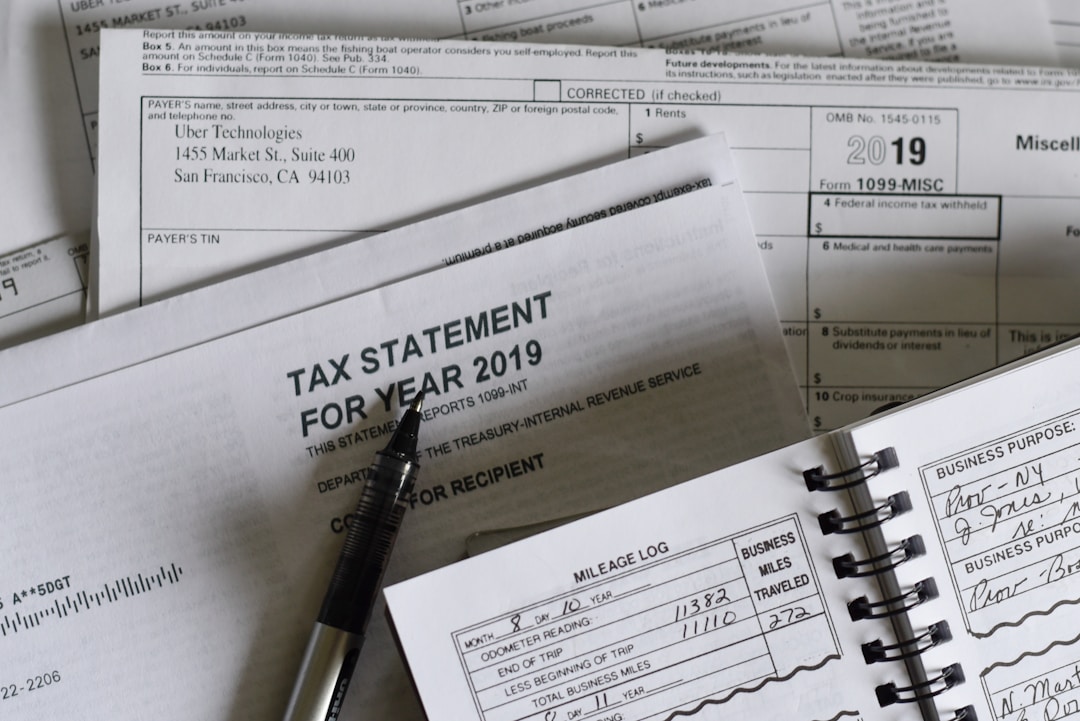
All businesses need a legal and financial structure, and if this is your first entrepreneurial venture, working with a professional can help you avoid rookie mistakes. For your restaurant to be considered a legal business, you’ll need to acquire several states, federal, and local licenses and permits. In this case, working with a small business attorney can help you ensure that you’re fully compliant with the law, as far as licenses and permits are concerned.
The U.S. Small Business Administration (SBA) also offers free advice and industry-relevant counseling to new business owners. Consulting with a small business accountant will also help you gain industry-specific financial advice. For instance, if you’re in the early stages of creating your business plan, an accountant can help you create your business plan. They’ll also help you set realistic and achievable goals in terms of cash flow and margins.
Use these tips to make your restaurant the best it can be and provide that amazing experience for all your diners!

